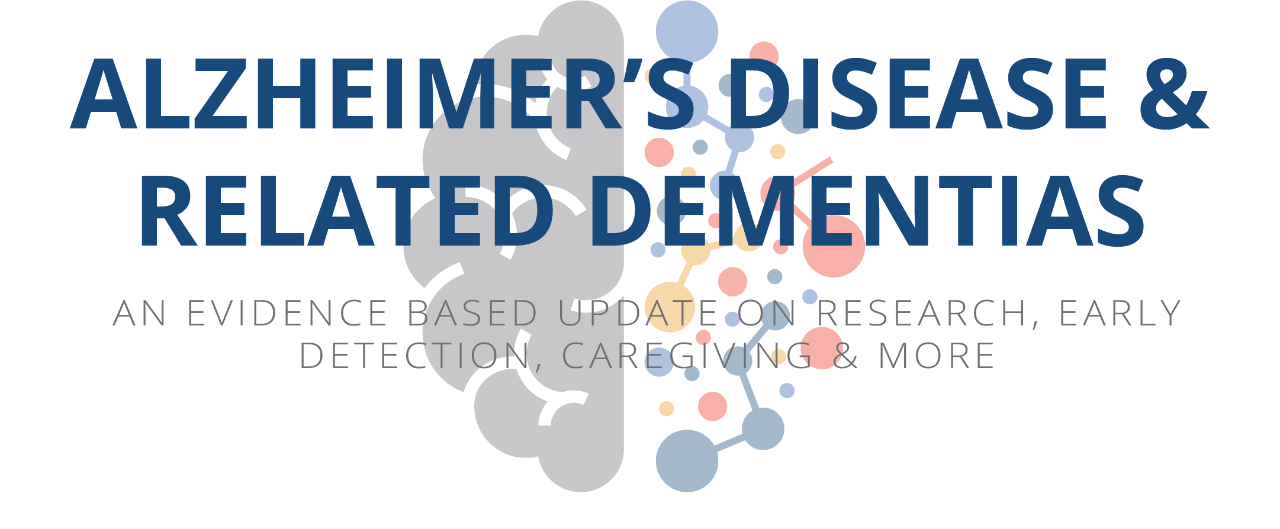Current TN Initiatives
Dementia Friendly Communities The 2019 Edition of the State Health Plan features a “deep-dive” into cognitive and brain health across the lifespan in the State. The Office of Patient Care Advocacy in partnership with the Office of Health Planning and Minority Health and Disparities elimination, held ten listening sessions to help inform three recommendations that the Tennessee Department of Health (TDH) would be responsible for implementing in order to better support the public in their understanding of risk factors associated with cognitive decline, while supporting those living with cognitive decline and their caregivers.
One of the recommendations that resulted from the focus groups was the support and implementation of dementia friendly communities. A dementia friendly community framework focuses on reducing the stigma associated with cognitive decline and including those with an Alzheimer’s or other related dementias (ADOD) diagnosis in the community as much as possible through activities of daily living. The term community can mean a location like a neighborhood or city, but may also include groups of people with shared interests and features, such as professional groups, faith-based organizations or business. A dementia friendly community focuses on educating the public, businesses and government entities, healthcare providers, first responders, and other key members of the community on effective strategies for working with individuals with dementia and their caregivers.
Modeling best practices from other states and communities, TDH has developed a TN Dementia Friendly Community toolkit to help guide communities on their journey. Each community is different, so the starting point might look different. Communities are encouraged to utilize sections of the toolkit that work best for the needs of the population they are serving. As the program grows, the toolkit will continuously be updated and include new information and resources, so be sure to continue to check the website for updates. Click here to access the TN Dementia Friendly Toolkit.
Although age is the greatest risk factor for developing Alzheimer’s and other related dementias, there are a variety of modifiable risk factors including hypertension, smoking, traumatic brain injuries, and obesity. These modifiable risk factors are associated with many chronic conditions including heart disease, but many people have not associated these risk factors with cognitive decline. There are multiple resources available for public use including fact sheets, videos, and infographics. These can be utilized to educate the public about the risk factors associated with dementia through social media, websites, and during presentations. It is important to implement healthy lifestyle behaviors early in life and to continue living a healthy lifestyle throughout the life time to help reduce your risk of experiencing cognitive decline.
In May 2019, the 111th Tennessee General Assembly passed a bill creating the state Alzheimer’s disease and related dementia advisory council. The purpose of the council is to
1. Continually assess the current status of Alzheimer’s disease and related dementia in this state and to assess the current and future impact of Alzheimer’s disease and dementia on Tennessee residents;
2. Examine the existing industries, services, and resources addressing the needs of persons, families, and caregivers affected by Alzheimer’s disease and related dementia;
3. Develop a strategy to mobilize a state response to matters regarding Alzheimer’s disease and related dementia; and
4. Provide recommendations to the governor and to the general assembly on issues related to its work.
Since this bill was enacted, the council has produced the 2020 Alzheimer’s and Related Dementia Tennessee State Plan. The council continues to meet and make updates to the plan each year.
The Tennessee Commission on Aging and Disability (TCAD) received a grant from the Administration of Community Living to implement Dementia-Capable Tennessee. The project activities include:
1. Development of an Alzheimer’s disease and related dementias/brain health website, and training for HCBS program councilors and AAAD staff;
2. Implementation of “Powerful tools for Caregivers”; and
3. Implementation of the Person-Centered Music Program for individuals in home and community based settings.
To learn more about the project, visit the TCAD website by clicking here.
The Tennessee Department of Health is proud to be a BOLD grant recipient. In 2023, the Centers for Disease Control and Prevention awarded 43 public health agencies BOLD grants funded through the Building Our Largest Dementia (BOLD) Infrastructure for Alzheimer’s Act, Public Law 115-406. These funds support public health agencies in addressing Alzheimer's disease and related dementias (ADRD) as a public health issue. Recipients will increase awareness and understanding among the general public (including populations of high burden), providers, and other professionals of ADRD topics corresponding to primary, secondary, and tertiary prevention. Recipients will address the social determinants of health (SDOH) to achieve health equity goals including but not limited to the improvement of community-clinical linkages among health care systems and existing services, public health agencies, and community-based organizations.
Click here to learn more.
With funding through the CDC COVID-19 Health Disparities Grant, the Tennessee Department of Health patnered with the University of Tennessee Chattanooga’s School of Nursing, along with engAGING Communities Tennessee, to sponsor the “Intrastate Network to Deliver Equity and Eliminate Disparities (INDEED)" to empower faith-based and religious congregations to offer hope for older adults and caregivers. Volunteers, identified by congregation leadership, can receive FREE training on dementia, caregiving, crisis intervention, mental health, emergency preparedness, advance care planning, legal issues, COVID-19, and community resources. Once trained, these volunteers will be able to extend support and resources to their congregations and surrounding neighborhoods.
Click here to learn more!
The Silver Alert Law that took effect July 1, 2021 was enacted to help find missing individuals who have wandered due to dementia, physical impairment, or disability. The TBI is tasked with oversight and creating a uniform statewide protocol for missing persons, including public alerts through media and on interstates, as well as posts on social media and coordination with local law enforcement.
Click here to learn more about the Silver Alert Program and how you can ensure your loved ones are protected.
